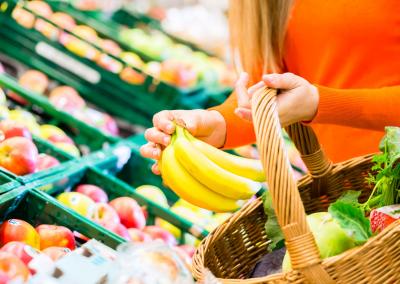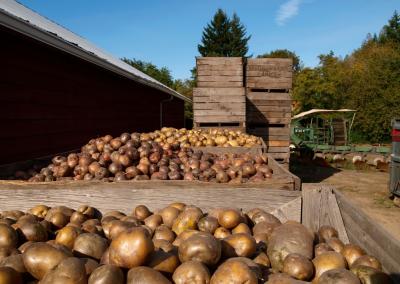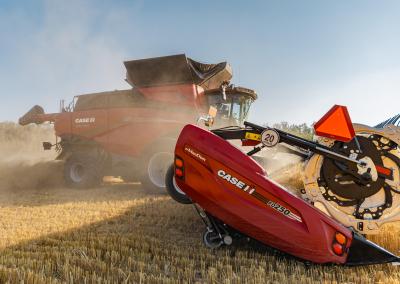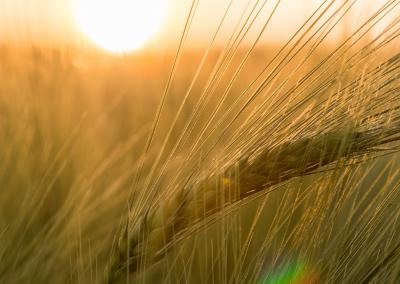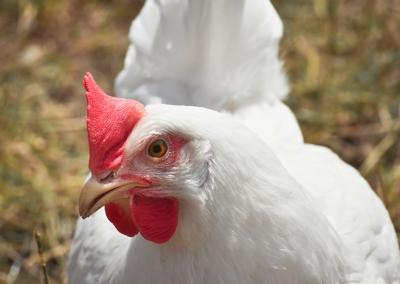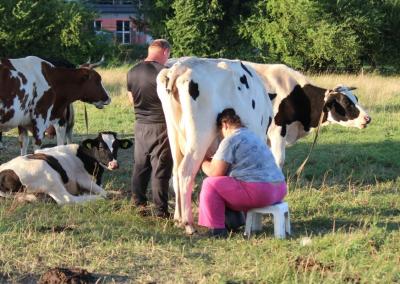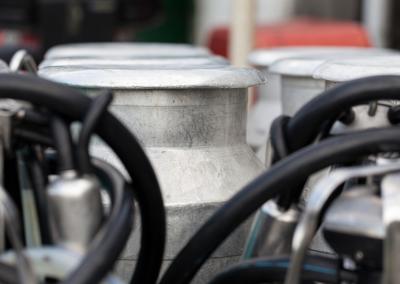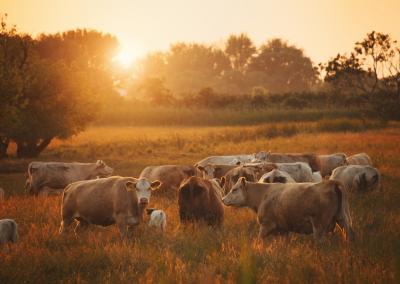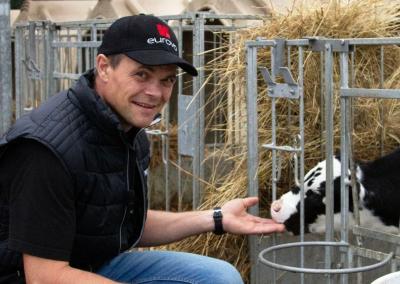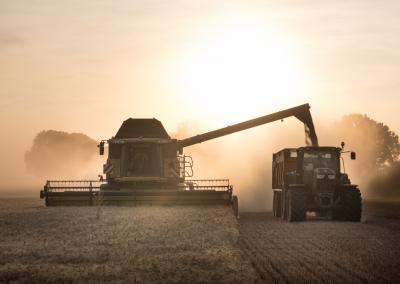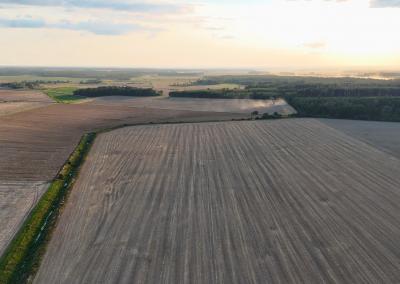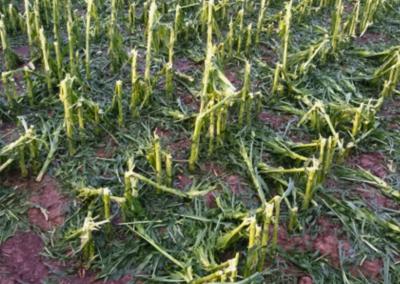"Head of VH Lietuva: the damage caused by the storm to the country's farmers is worth millions
The storm that hit Lithuania on Sunday and Monday caused millions of euros of damage to the country's farmers, says Martynas Rusteika, the head of the branch „VH Lithuania“ of the German mutual fund „Vereinigte Hagel“.
„We are talking about millions (euros – BNS), it is not clear what the number of millions is, but the fact is that it is millions, and not just one, and not two, and not three. We can see that the number is constantly increasing. (...) The worst thing is that as much as we estimate (losses – BNS), there are still additional ones coming the next day," the head of the company that insures one in every three hectares of crops in Lithuania, M. Rusteika, told the BNS news agency on Thursday.He said he had received reports of losses on 70,000 hectares – almost one-third of the – area of insured crops that have not yet been harvested.„Most of it, about 60% of the crop has already been harvested in a similar way, so out of that part, the 40% (we are getting reports – BNS). (...) But these are not the final figures, yesterday there were still 36,000 harvested. It's not just a matter of hectares, now we see 70 thousand hectares, so the number is increasing, because naturally farmers cannot report all at once, they have to find out the information themselves," said Rusteika.
The municipalities of Akmenė, Radviliškis, Joniškis and Vilnius districts have declared a state of emergency due to the effects of the storm that has struck in recent days.
Vilmantas Vitkauskas, head of the National Crisis Management Centre (NCMC), said on Thursday that the districts of Trakai, Prienai, Šiauliai, Šakiai, Širvintai and Šalčininkai are also seeking an extreme situation.
According to the Chairman of the Council of Agriculture, Ignas Hofmanas, farmers expect that the emergency situation will be declared nationwide.
„This is a legal fact that relieves farmers of some obligations, some deadlines, for example, to the National Paying Agency, because farmers have a lot of obligations. Similarly, in private relations – purchase agreements between companies, repayment of loans“, – I. Hofmanas told BNS.
I. Hofmanas and M. Rusteika said that winter oilseed rape was the most affected crop during the storm, with farmers in some areas losing up to 90 percent of their harvest.
„We can see that winter oilseed rape has been the most affected. There is definitely a problem with them, because there was very heavy rain, and the rape was already ripe, high rainfall, strong winds, so the rape was still close to each other and so it was crumbling, and at the same time there was also the rainfall, the big drops, – said Mr Rusteika.
„It will depend a lot on the weather later on, because whether or not we will be able to harvest those collapsed crops. If the weather is good in the next few days, yes, the damage will decrease, but if the rains start again later on, the damage will be even worse," stressed Mr Hofman.
M. Rusteika added that after the storm, farmers were also particularly concerned about the cereal harvest, but it seems that there should not be any major losses here.
„As far as wheat is concerned, we can say that the loss is not significant at the moment, 1-3 per cent, because the situation was very well corrected by the sun and the wind, as the crops were not shaken on the ground, because they were dry enough," Rusteika said.
All of this, Mr Hofman stressed, means that although the harvest is likely to be successful, the quality of the cereals will drop dramatically, which will mean lower incomes for farmers.
„It is important to mention that such rains are very damaging to the quality of the cereals. (...) The grain loses quality, and if we are talking about wheat, it loses protein, it loses gluten, it loses its dry weight, and this means that the grain will be of a lower quality, a lower grade. (...) The lower the grade of grain, the less it is bought for, which will affect farmers' incomes," said the President of the Agriculture Council.
According to Mr Rusteika, farmers in the northern part of Lithuania suffered the most losses.
„There was more rainfall in southern Lithuania, but farmers there suffered less, as many fields had already been cleared. (...) We are seeing more and more reports from central Lithuania, from the Kėdainiai side, and Raseiniai is really struggling. Then the north, where we really had the most reports, it was the north-west and the northern districts, there at the border with Latvia," he said.
„VH Lietuva“ had insured 96% of insurable crops as of November 2023. According to Mr Rusteika, the company currently insures about 560 hectares of crops.In 2023, the company paid out more than €20 million to farmers, a quarter more than in 2022 (€15 million).




